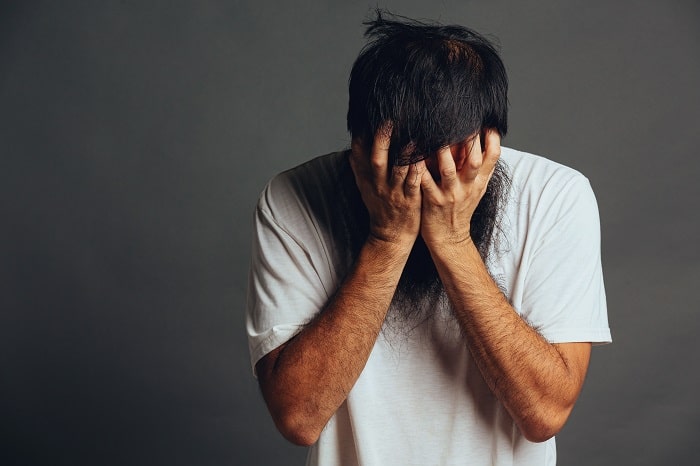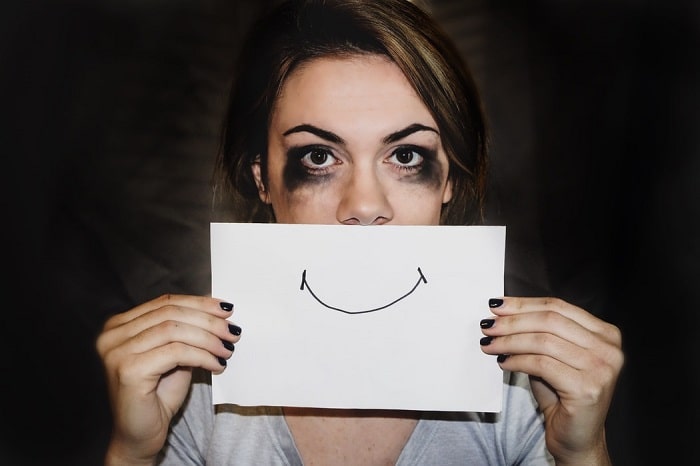Domestic Violence and Mental Health
Domestic violence is a major problem, all across the world, and a lot of focus is placed on the physical effects of this form of violence, but it should also be noted that there are many mental health effects of domestic violence too. Indeed, many studies and reports have noted clear links between domestic violence and mental health decline in victims.
The psychological effects of domestic violence aren’t always as easy to spot as the physical scars and bruises, but they can be just as damaging, if not more so over the long term. This guide will explore some of the ways in which mental illness and domestic violence are linked. If you’re dealing with domestic violence charges in the state of California, finding a trusted domestic violence attorney is key.

What is the Correlation Between Domestic Violence and Mental Health?
There have been various studies into the links between domestic violence and mental health. These studies have shown that over half of the woman in mental health environments has suffered some form of abuse from a romantic or intimate partner in the past. Commonly, these women suffer from a range of after-effects of domestic violence, including depression, anxiety, and PTSD.
Traumatic events in a person’s life can affect their mental health in a variety of ways. So it’s only logical that if a person suffers physical or mental abuse from someone close to them, that trauma can remain with them for many years, which is why so many victims experience mental health effects of domestic violence.
Even without the clear signs of depression or PTSD or other major mental health problems, victims can still suffer various after-effects of domestic violence mentally. They may find it hard to focus or be productive, for example, or they might have difficulties engaging with others, getting into relationships, providing care, or coping with challenges in life.
How does Abuse Affect Mental Health?
There are many different ways in which abuse can affect mental health. For example, being physically assaulted and harmed by someone who is or has been loved and trusted can be a very damaging experience for a person’s mental state. It may make them frightful, anxious, and depressed on a day-to-day basis, struggling to find enjoyment in life due to the repeated harm they’ve had to endure.
Other mental health effects of domestic violence can include the development of new fears and phobias. People who have been harmed by someone they loved may find it scary to be alone with other people in the future, or they might develop a phobia of intimacy in general. They may struggle in many life situations that might not cause alarm to those who haven’t experienced domestic abuse.
Being abused can also lead to a person developing issues with self-confidence, doubt, and belief. Victims often struggle to value themselves and their lives due to the harm and abuse they’ve received in the past. The psychological effects of domestic violence can therefore be vast and varied, depending on the specifics of each case.
Can Domestic Violence Cause Depression?
There are many links between depression and domestic violence. People often wonder “Does abuse cause mental illness like depression?” and the studies and reports clearly show that this is a very real possibility, with many victims of abuse suffering from depression both during the period in which they were abused and after it.
As explained above, side effects of domestic violence can include fear, anxiety, stress, phobias, relationship problems, self-doubt, lack of confidence, lack of belief, and so on. They can also make it hard for people to enjoy activities, make friends, get into relationships, and get out into the world.
All of this can contribute to depression, so it’s clear that depression and domestic violence are inexorably connected. Anyone who gets arrested for domestic violence in LA can therefore face harsh punishments, including jail time and a criminal record. A criminal defense lawyer is essential for navigating this situation in the correct way.
Ways to Promote Mental Health Wellness for Victim-Survivors
We’ve seen a rise in domestic violence during quarantine, and recent years have shed light on the fact that this problem is widespread and needs to be faced head-on.
Fortunately, with growing awareness, new possibilities have emerged, and there are now many ways in which mental health wellness and self-care can be encouraged for victims and survivors of domestic violence.
- Speaking with mental health professionals and therapists is usually the first step of any wellness plan. They’ll be able to help victims understand their emotions and develop strategies to move past their experiences.
- Mindfulness behavior and exercises can be helpful to promote better mental health in victim-survivors.
- A self-care plan can be beneficial for raising a person’s confidence and belief in themselves, as well as treating their mind and body with greater care.
- An emotional safety plan may also be established to help victim-survivors accept and cope with the emotions they’re experiencing as a result of abuse.

